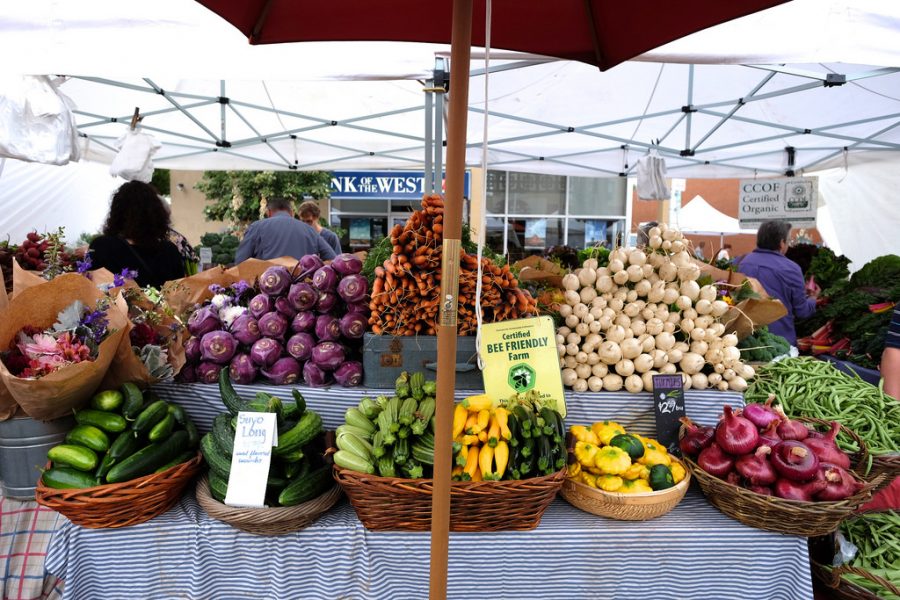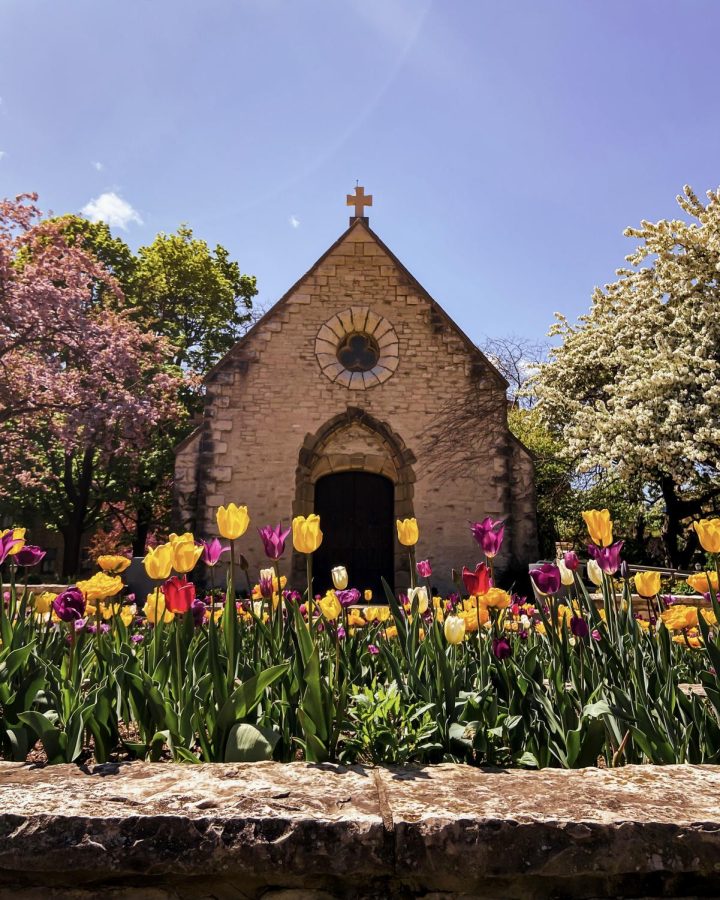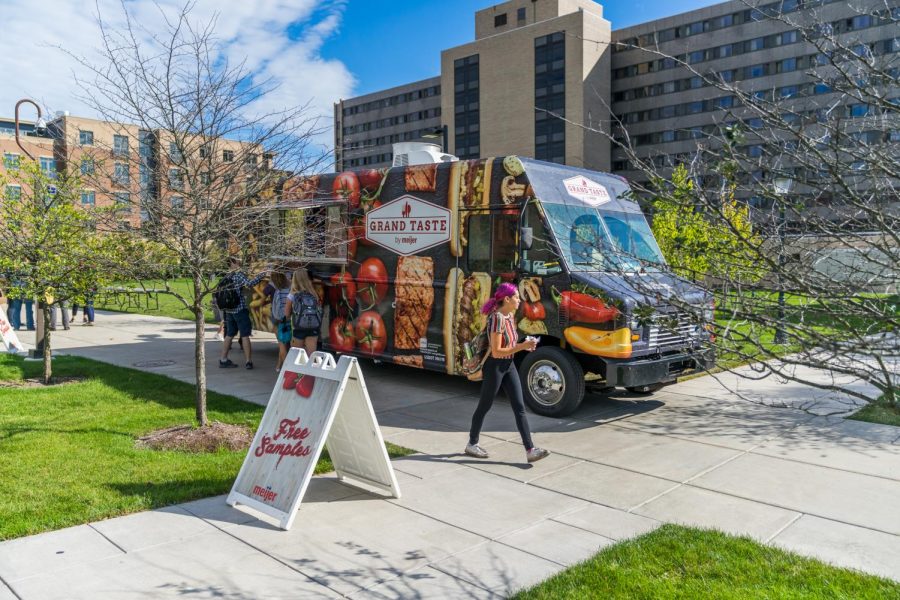While summer may seem far away, the Urban Ecology Center is already preparing for it with their Local Farmer Open House this Saturday.
In its 17th year, Local Farmer Open House brings in farmers from South East Wisconsin and surrounding areas to the Riverside Park Urban Ecology Center to meet with Milwaukee residents to talk about their farms and products. The open house, which is free and open to everyone, takes place from 11 a.m. to 3 p.m. and will feature 12 farmers this year. Each farmer offers subscription to boxes of fresh produce that get delivered weekly or bi-weekly, a program known as Community Supported Agriculture.
The open house will also feature two workshops. The first workshop, “CSA Basics,” takes place from 11:30 a.m. to 1:30 p.m. and helps visitors determine which CSA subscription box works best for them.
The “Cooking from your CSA Box” workshop takes place at 12:30p.m. Visitors will learn how to prepare healthy meals with the products that can be found in their CSA subscription boxes.
Milwaukee Localiscious, a catering company focused on using local and organic ingredients, will have lunch for purchase at the open house.
Anne Steinberg, volunteer at the Urban Ecology Center and organizer of Local Farmer Open House, said the open house is important in supporting the local economy to ensure that it stays vibrant.
“It is a way to use food money to decide the food situation in our community,” Steinberg said. “Money has power. What kind of society do we want to live in?”
The variety of farms, said Steinberg, means there are a variety of options for customers. Some farmers deliver specific produce to customers, while others allow them to choose what gets placed in their boxes. She said as people begin to live in smaller households and cook less, more farmers offer bi-weekly delivery.
Steinberg said the farmers’ season generally last from June to November.
For those who may not have room in their budget for CSA subscription boxes, there are assistant funds to help customers pay, said Steinberg, adding that some CSA farms also accept food stamps.
Steinberg said the open house is a way to introduce the community to local and sustainable farmers. The farms’ sustainability, said Steinberg, is often characterized by certified organic farming. To be organic, farmers can’t use products like pesticides, antibiotics or fertilizers. Steinberg said this keeps chemicals out of the soils and food.
“The soil is still alive with good bacteria and nutrients to keep care of the land water,” Steinberg said.
Steinerg also said some farms also use solar power to minimize their carbon food print.
Another advantage of CSA subscriptions is the freshness of produce. Steinberg explained that it is picked the day before it is delivered. She said this ensures that it is healthy and flavorful.
Steinberg said the open house and CSA program allows for transparency and allows customers to get to know who it is that is growing their food.
“We are so separated from where our things come from,” Steinberg said, noting that people are excited to connect directly with farmers.
A CSA subscriber herself, Steinberg said she never knew the difference between store bought and freshly picked produce. She said the freshly picked produce lasts much longer and are picked for taste.
Steinberg also said she enjoys getting to have a personal relationship with the farmers who grow her food.
Lindsey Clark, a junior in the College of Arts & Sciences, said that she often buys from farmers markets when she is home in Detroit. Clark said she likes that the food is local and fresh, noting that its nice to support the local community.
“(Farmers markets) are important, especially in the city because you can get good, fresh food that you don’t always get,” Clark said.
Siobhan Colleran, a senior in the college of Arts & Sciences said she goes to a farmers market in the summer near her hometown, Park Ridge, IL.
“I went more when I was younger,” Colleran said. “We would always walk over as a family.”
She said she likes that the food is local, fresh and free of things like preservatives and chemicals.
Colleran said she likes the idea of the open house, noting that she would like to learn more about agriculture and hear the experiences of farmers. She said she also likes that it takes place in the winter, since things like farmers markets are more popular in the summer.
Ultimately, Steinberg said, the Local Farmers Open House fits with Urban Ecology Center’s mission to connect people with the natural world.






